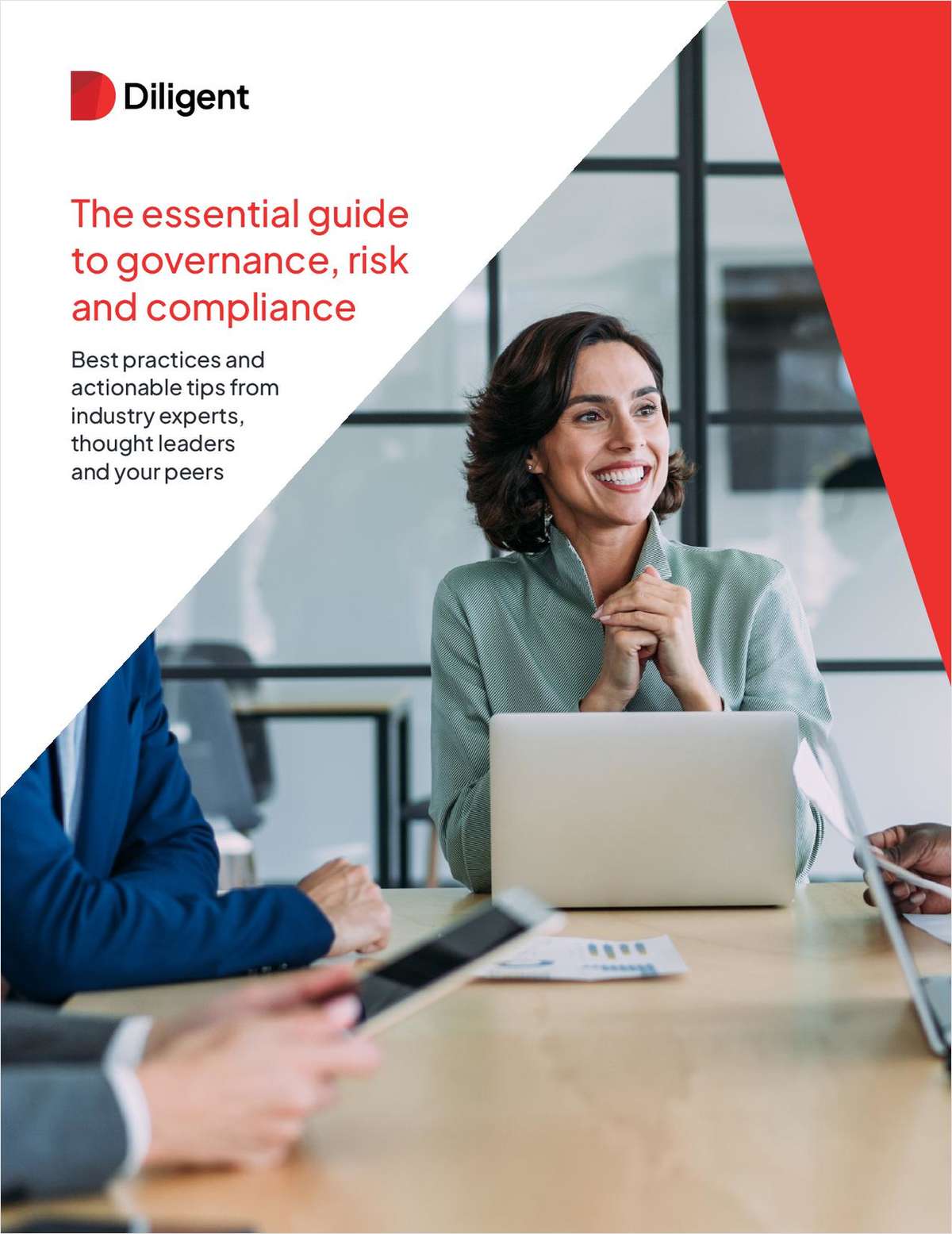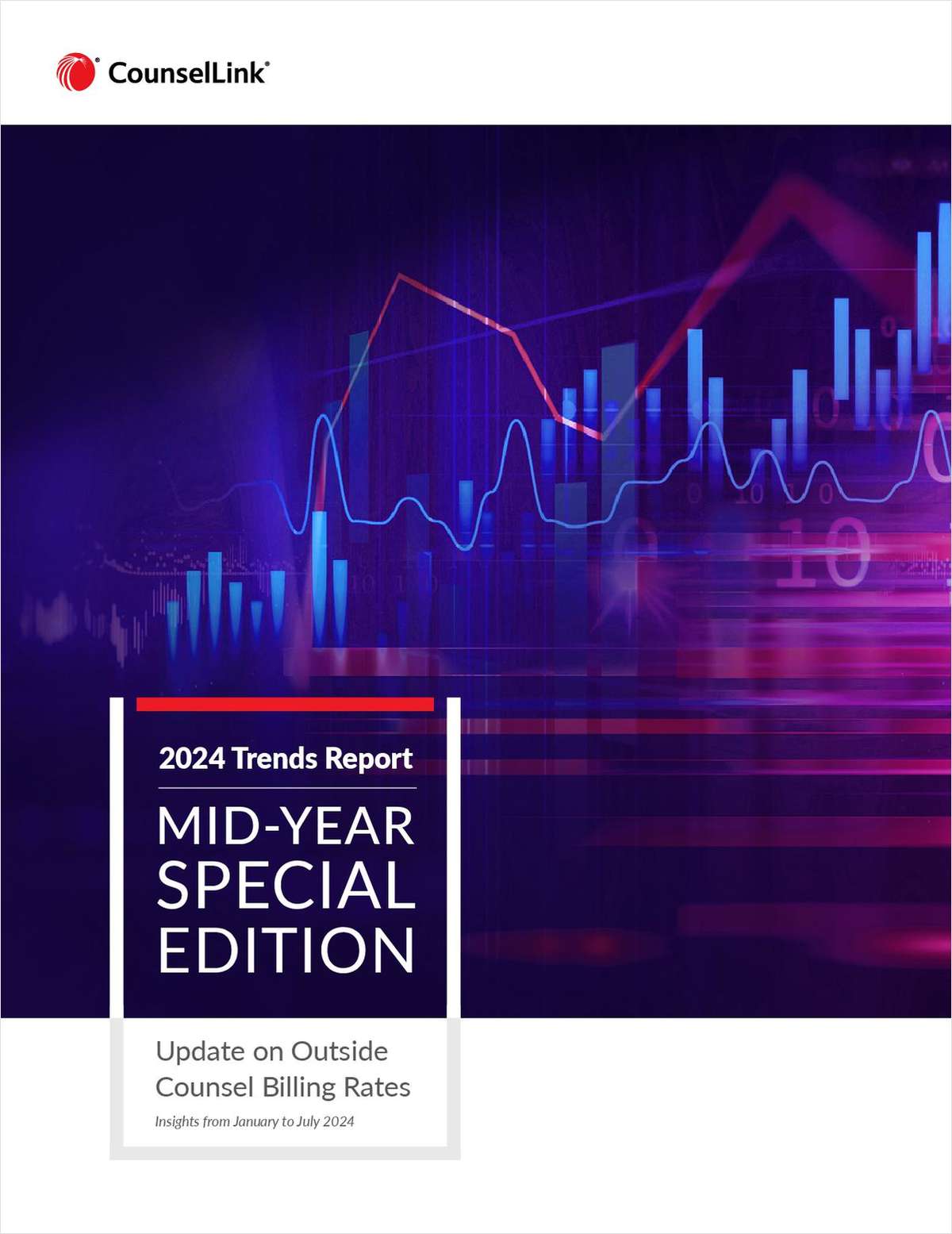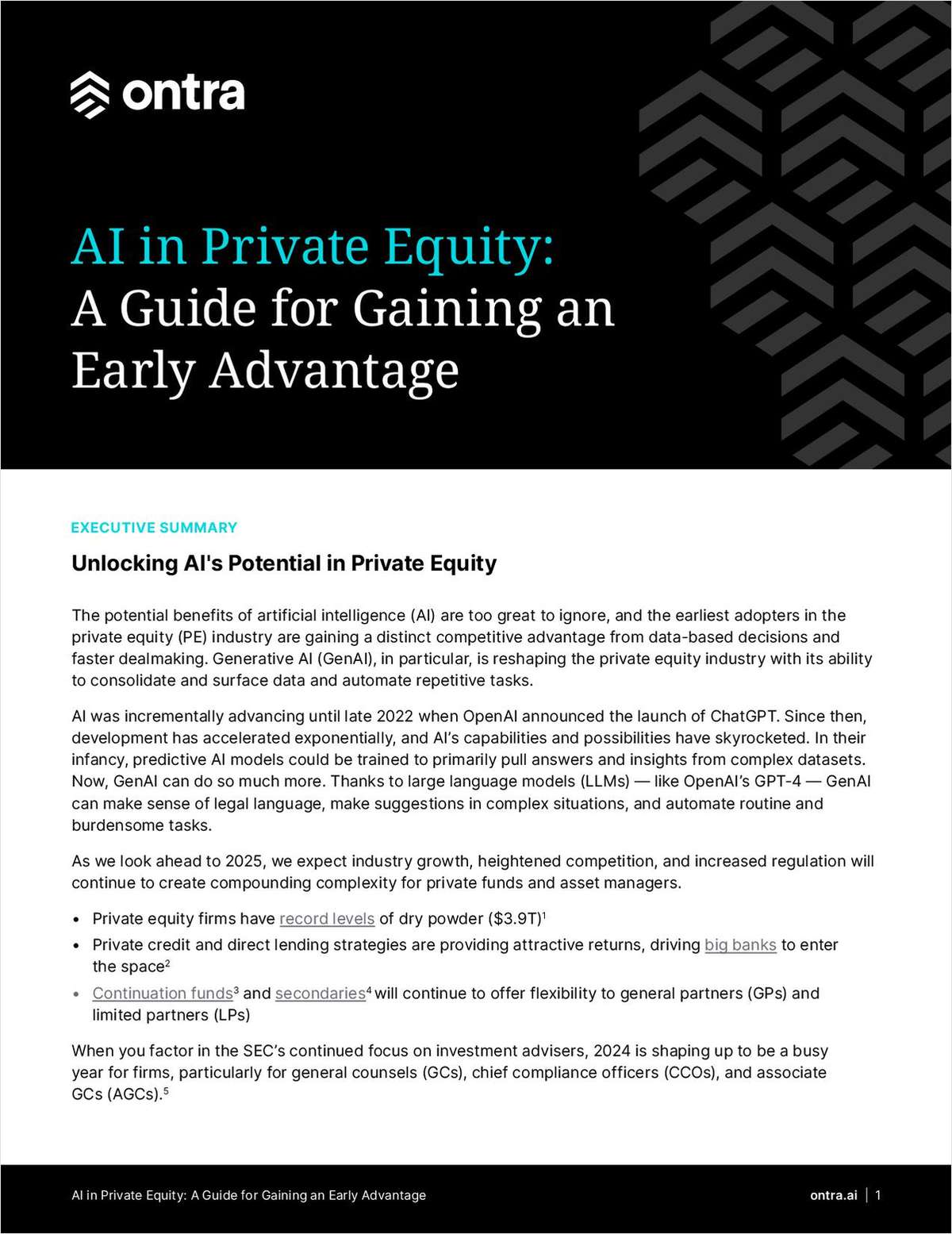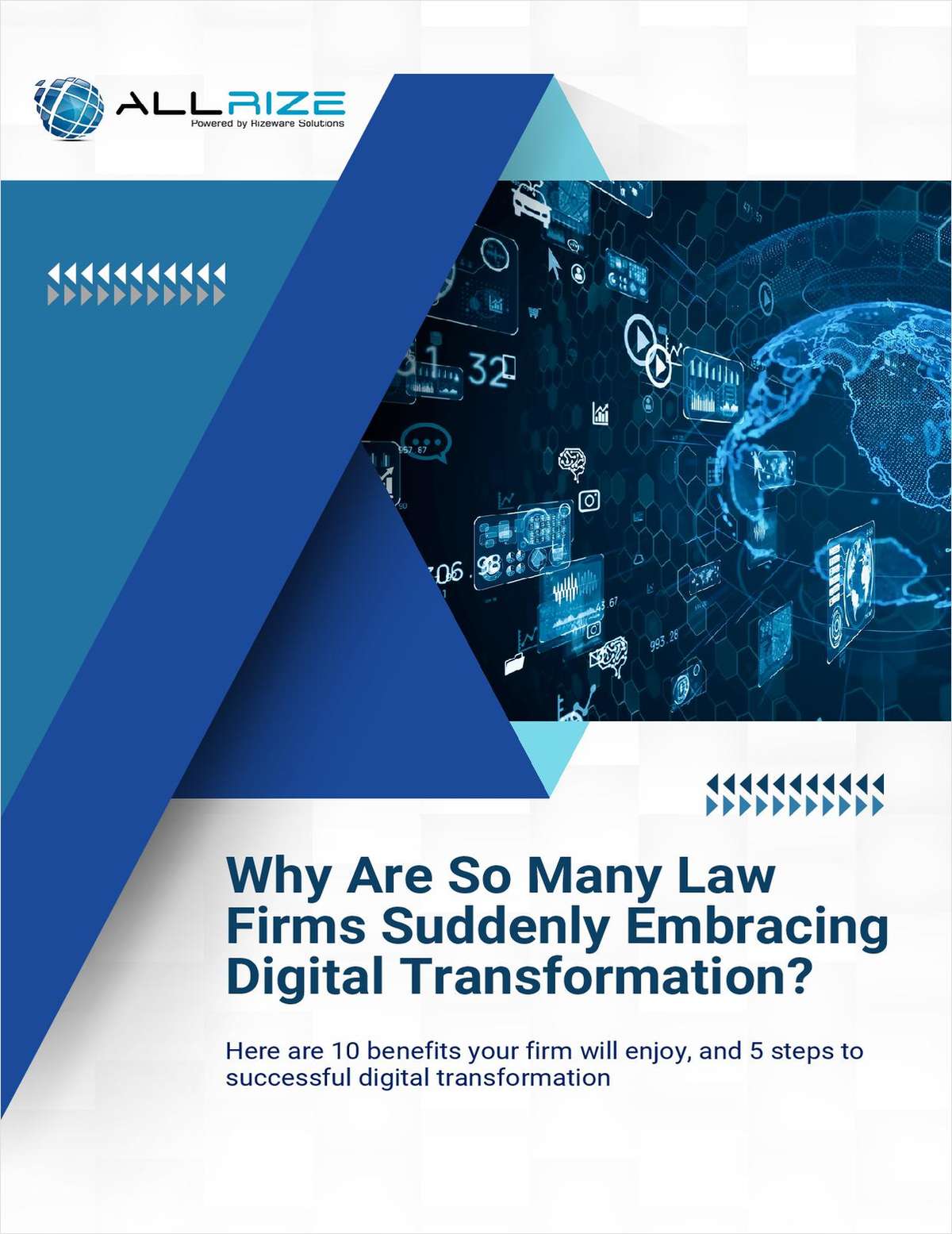Ahead of the Curve: Dispatches from the AALS Annual Meeting
At the largest annual gathering of legal academics in the nation, the atmosphere was sunnier than it has been in years, women took center stage, and the academy honored a rick star law professor.
January 08, 2019 at 10:33 AM
9 minute read
Welcome back to Ahead of the Curve. I'm Karen Sloan, legal education editor at Law.com, and I'll be your host for this weekly look at innovation and notable developments in legal education.
I'm excited to be back after a holiday hiatus and three days in New Orleans attending the Association of American Law Schools 2019 Annual Meeting—the largest annual gathering of legal academics in the country. This week I've got a rundown of highlights from The Big Easy, including the sunnier atmosphere around the eventnow that legal education appears to be rebounding from its long slump. I'm also recapping the many ways that women were in the spotlight, and I'm paying homage to the University of Houston Law Center's Michael Olivas, who was honored with the AALS' highest award.
Please share your thoughts and feedback with me at [email protected] or on Twitter:@KarenSloanNLJ
➤➤ Would you like to receive Ahead of the Curve as an email? Sign up here.
NOT FOR REPRINT
© 2024 ALM Global, LLC, All Rights Reserved. Request academic re-use from www.copyright.com. All other uses, submit a request to [email protected]. For more information visit Asset & Logo Licensing.
Trending Stories
- 1The Law Firm Disrupted: For Big Law Names, Shorter is Sweeter
- 2Wine, Dine and Grind (Through the Weekend): Summer Associates Thirst For Experience in 'Real Matters'
- 3The 'Biden Effect' on Senior Attorneys: Should I Stay or Should I Go?
- 4BD Settles Thousands of Bard Hernia Mesh Lawsuits
- 5First Lawsuit Filed Alleging Contraceptive Depo-Provera Caused Brain Tumor
Featured Firms
Law Offices of Gary Martin Hays & Associates, P.C.
(470) 294-1674
Law Offices of Mark E. Salomone
(857) 444-6468
Smith & Hassler
(713) 739-1250









